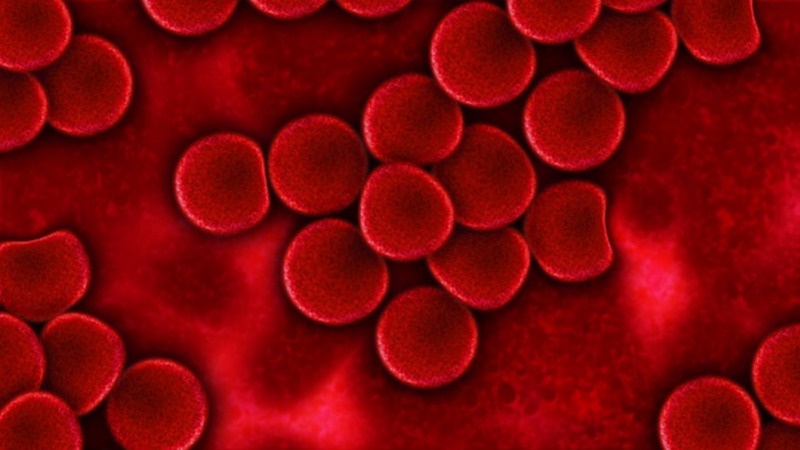Are you experiencing a rapid heartbeat, breathlessness, or discomfort in your chest, especially after light activity? These seemingly benign symptoms could be early indicators of arrhythmia, a condition disrupting the heart's natural rhythm. In this extensive exploration, we'll delve into five key signs of arrhythmia that warrant attention, irrespective of age or lifestyle. Let's embark on this crucial journey towards safeguarding your heart health.
Unraveling the Complexities of Heart Rate
The Tell Tale Heart
A heart rate that races uncontrollably or lags behind can be an initial sign of arrhythmia. While the average resting heart rate falls between 60 to 100 beats per minute, deviations from this range may indicate an underlying issue. Whether your heart feels like it's racing or consistently beats slower, monitoring these fluctuations is vital. Even seemingly minor irregularities, when coupled with symptoms like dizziness or shortness of breath, necessitate immediate medical attention. Trust your instincts; persistent irregularities should never be dismissed, as they might signify an underlying health concern requiring professional evaluation.
Unmasking the Veil of Irregular Heartbeat
The Symphony of Heart Rhythm
Irregular heartbeats, synonymous with arrhythmia, demand attention. Whether your heart races or skips beats altogether, these palpitations can be alarming. Accompanied by shortness of breath during physical exertion or at rest, irregular heart rhythms affect the efficient distribution of oxygen, causing discomfort. Chest pain, described as pressure, fullness, or burning, can further indicate a serious underlying issue. If these symptoms persist, seeking prompt medical evaluation is crucial, as they may signal more severe complications.
The Breathless Challenge
Unraveling Shortness of Breath
Shortness of breath, a distressing symptom associated with arrhythmia, should not be underestimated. This sensation of breathlessness, often sudden or gradual, requires attention, especially when accompanied by chest pain, dizziness, or fainting. Arrhythmia disrupts the oxygen-rich blood flow to the lungs, leading to this discomfort. While occasional breathlessness may not be cause for concern, recurrent episodes unrelated to known factors like exercise demand medical consultation to rule out arrhythmia.

The Distinct Cry of Chest Pain
When the Heart Signals Discomfort
Chest pain or discomfort, while not universal in all Arrhythmia symptoms, remains a crucial symptom. Described as dull aches, pressure, or stabbing sensations, these discomforts should not be ignored. Even in the absence of chest pain, any form of chest discomfort, tightness, or squeezing warrants prompt medical attention. Early diagnosis is key, as delayed treatment could lead to complications such as heart attack or stroke.
The Unsteady Waltz of Dizziness
Navigating Dizziness and Lightheadedness
Dizziness or lightheadedness is a prevalent symptom of arrhythmia, often causing unsteadiness or faintness. This sensation, exacerbated by chest pain or shortness of breath, hints at irregular heart rhythms. Whether experienced during daily activities or sudden positional changes, persistent dizziness requires immediate medical attention. Beyond being an inconvenience, arrhythmia-related dizziness can lead to accidents and more severe injuries if left unaddressed.
When to Seek Professional Guidance
Proactive Measures for Heart Health
Listening to your body is paramount, especially when it comes to heart health. If you're grappling with any of the aforementioned signs — be it a fluctuating heart rate, irregular heartbeat, shortness of breath, chest discomfort, or dizziness — seeking medical attention is non-negotiable. Arrhythmia can stem from various factors, including underlying health conditions and lifestyle habits. Prompt evaluation, including electrocardiogram (ECG) tests and comprehensive diagnostics, is crucial for early detection and effective management.
In Conclusion: Prioritizing Heart Health
Understanding the signs of arrhythmia is the first step towards proactive heart care. These symptoms, while potentially subtle, should never be overlooked. With timely intervention, proper treatment, and lifestyle adjustments, the impact of arrhythmias on daily life can be minimized. Your heart, a vital organ, deserves meticulous care. If any unusual symptoms arise or persist, don't hesitate to consult a medical professional. Take charge of your heart health, and embark on a journey of informed well-being.


No comments yet